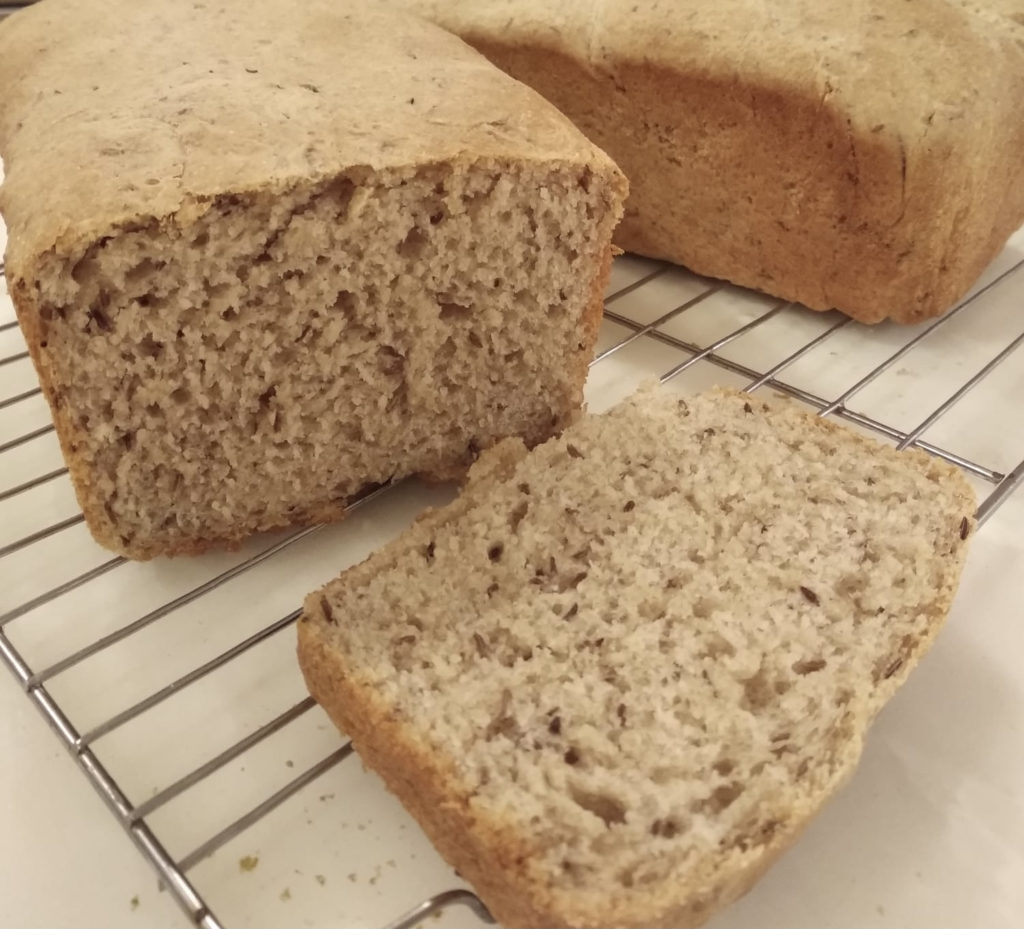This time of year, comfort foods rule, but who can afford to give up of high-quality nutrition? Your health is more important than ever!
As I think about February, three areas of health take focus.
- Strong Immunity: If you’re like me and want to stay well from COVID-19 or any other virus, having an immune system that is ready to fight for the win is everything.
- Heart Health: February is American Heart Month! This is a great time to revisit what we do now and throughout the year to take care of #OurHearts. Great news! We can largely prevent heart disease with a heart healthy lifestyle.
- Weight Fine-tuning: Moving toward a healthier weight and maintaining the right weight is always important. When we choose nutrient dense food and include activity, losing weight can help you sleep better, reduce inflammation which can up your risk of cancer, diabetes, digestive issues and heart disease, and de-stress and energize your day.
As we all still reach for the blanket of flavorful comfort carbs this winter, we wonder how they can fit into our health goals?
Immunity
Eating Immune-Supporting Nutrients such as beta carotene, vitamin C, vitamin D, zinc, probiotics and protein can help keep your immune system healthy. Carbohydrates like fruit, vegetables, legumes, whole grains and dairy can help us get what we need.
| Immune-Supporting Nutrients | ||||||
| Carbohydrate | beta carotene | vitamin C | vitamin D | zinc | probiotics | protein |
| Fruit | Mango
Cantaloup Apricots |
Citrus fruits Berries Melons | 100% juices that are fortified with vitamin D | |||
| Vegetables | Tomatoes Spinach
Carrots Sweet Potatoes Broccoli |
Tomatoes
Bell peppers Broccoli |
Kimchi Sauerkraut | |||
| Legumes | Beans Tofu
Lentils Dried peas |
Beans Lentils
Dried Peas |
||||
| Whole Grains | Wheat germ | Spelt
Faro Quinoa Bulgur Wild rice |
||||
| Dairy | Milk | Yogurt
Kefir |
Milk Yogurt
Kefir |
|||
Fruit, vegetables, legumes and whole grains also have fiber. Our bodies don’t digest fiber. Instead, it is fermented by the bacteria in the gut. Fiber acts as food for the good bacteria, which make it a prebiotic.
Heart Health
Carbohydrates from fruit, vegetables, legumes and whole grains can help prevent inflammation. Phytochemicals along with vitamin C, E and beta carotene are antioxidants that help reduce oxidative stress from free radicals.
Chronic inflammation is a risk factor for heart disease because it can cause damage to the arteries. In this damaged area, plaque–the accumulation of fats, cholesterol and other substances, result in atherosclerosis. This condition hardens and narrows the arteries which can elevate blood pressure. When plaque breaks off, it can lodge in the vascular system causing heart attack or stroke.
Some vegetables can help reduce inflammation because they have alpha-linolenic fatty acid. In the body, this fat becomes omega-3s in the body. An easy way to think about alpha-linolenic fatty acid is that it is the plant-based form of omega-3s, which we otherwise would get from fatty fish. Omega-3s can help reduce blood pressure.
Want to reduce your cholesterol? Choose carbs with soluble fiber like apples, blue berries, oatmeal, beans, chickpeas and lentils. This is the type of fiber that grabs cholesterol in the gut and prevents it from being absorbed into the blood stream.
Eating less refined carbohydrates and foods with added sugar can help lower triglycerides. Fruits, vegetables, beans and whole grains are complex carbohydrates. The fiber and starch in these foods, make them more difficult to digest, which means they will have a lower impact on your blood sugar and less likelihood of being converted to fat.
Weight
Carbs get a bad wrap when it comes to weight loss. However, completely cutting out carbs means you’re not getting fiber, which is proven to help you lose weight. Fiber helps fill you up and keep you full between meals.
It’s important to know that carbs are our primary fuel source. We need them to burn fat.
Complex carbs keep your energy constant so that you are less likely to crave refined carbs and those with added sugar for a quick fix.
Sticking with your weight loss plan is key to losing weight and maintaining results. Including complex carbohydrates make eating enjoyable, nutrient-dense and doable for life.
Eating the Right Carbs
Add veggies to stir-fries, casseroles and ground meat mixtures. You’ll save calories while getting more fiber and other important nutrients. Replace some of the meat in soups, casseroles, stir-fries and other dishes with legumes like beans, lentils and chickpeas. Whole grains also have a significant amount of protein and can also help replace meat. Use whole grains and legumes in place of rice, as a side with veggies and herbs, added to soups salads or smoothies.
